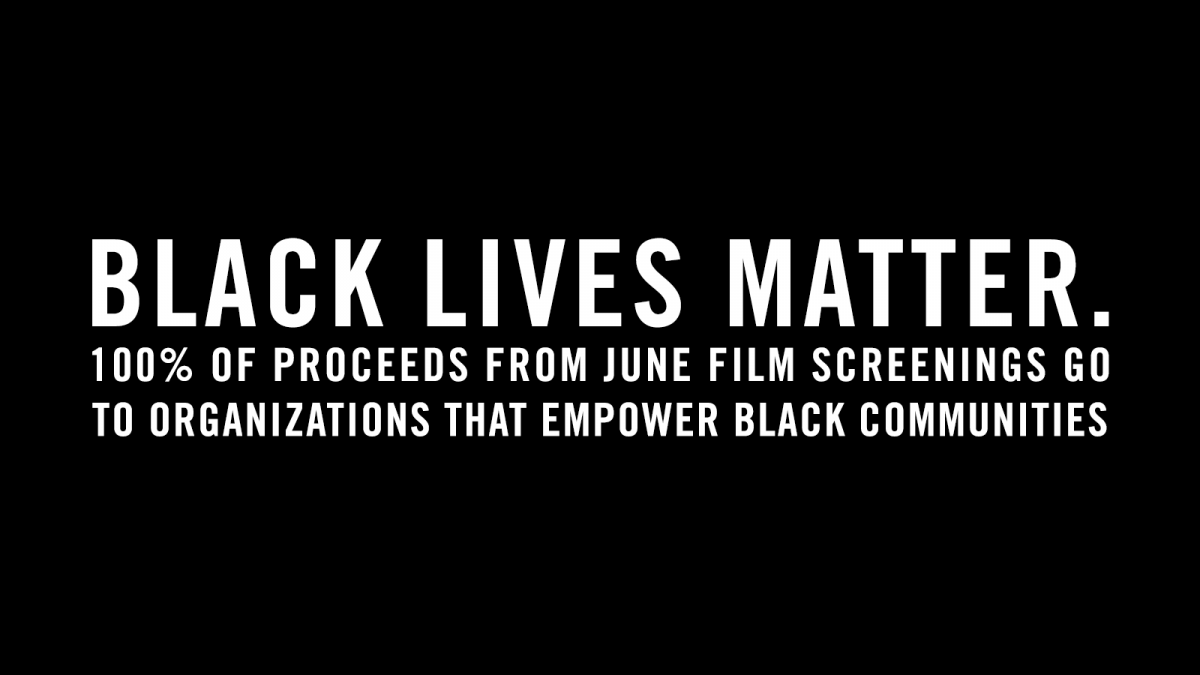Virtual Moving History XII – Color Me Somebody [Online]
This program was streamed LIVE, but most MIPoPS’ program content can be accessed at their archive.org page.
No password is necessary to view Moving History programs. Donations are optional but appreciated!
BLACK LIVES MATTER. In recognition of the importance of the current moment, NWFF is donating ALL PROCEEDS from our June film screenings to organizations that empower the Black community. This particular screening benefits Black Lives Matter Seattle-King County. Learn more about this initiative here or donate directly to NWFF.
About
MIPoPS and University of Washington Libraries, Special Collections present Color Me Somebody for this week’s archival screening. This documentary examines the racial divide in Seattle, Washington in the late 1960s. Members of the black community speak to the nature of this divide, in interviews with individuals, families, and several black leaders who each discuss possible methods for achieving equal rights in Seattle. Education and religion within the community are also discussed in the context of racial inequality.
Originally broadcast on May 22, 1968 at 7:30pm on KING-TV and nominated for a 1968 Peabody Award. Narrated by actor Jason Bernard. Music written and performed by the Dave Lewis Trio.
“To convince apathetic Seattle it faces a potentially violent race problem, this program attempted something new: to depict on film the dreams and aspirations of young revolutionaries, traditional leadership, and also the faceless people of the ghetto; and to demand as a solution recognition of the human dignity of the black people of the community.” – 1968 Peabody Digest.










Additional context:
About [Virtual] Moving History
Sundays, 4:30–5:30pm PDT
MIPoPS is a nonprofit whose mission is to assist archives, libraries, and other organizations with the conversion of analog video recordings to digital formats according to archival best practices.
In order to adhere to social distancing best practices, MIPoPS is proud to partner with the Northwest Film Forum to bring you a weekly series of archival videotape documenting a diverse history in Seattle. Featuring a variety of material and topics, this series will curate a set of clips each Sunday to provide comic relief, historically relevant medical and public health documentation, performance recordings, and much more.
MIPoPS hopes this series will educate and entertain viewers during this time of uncertainty and isolation.
Find out more about MIPoPS at mipops.org
Watch past screenings on their YouTube Channel
Browse hundreds of videos they’ve digitized on their Internet Archive collection
Connect with MIPoPS on social media:
Twitter @mipops_seattle
Facebook & Instagram @mipopsseattle
